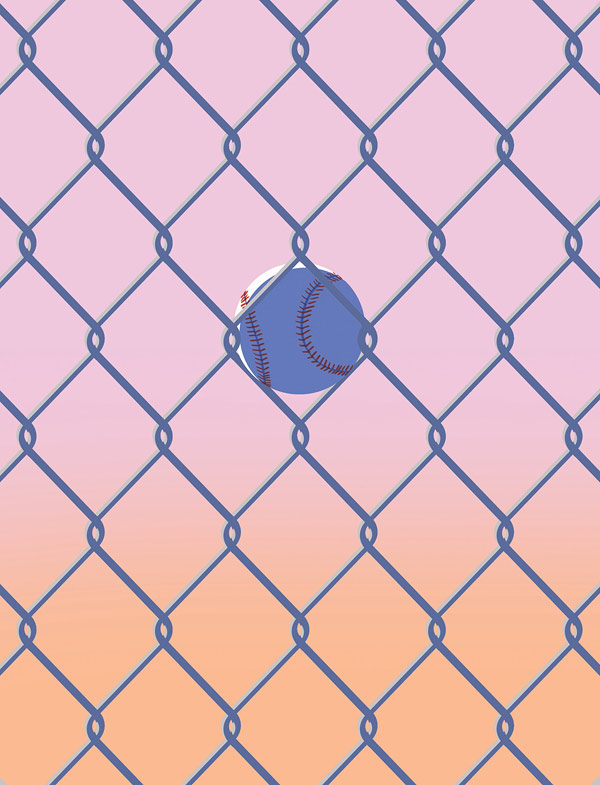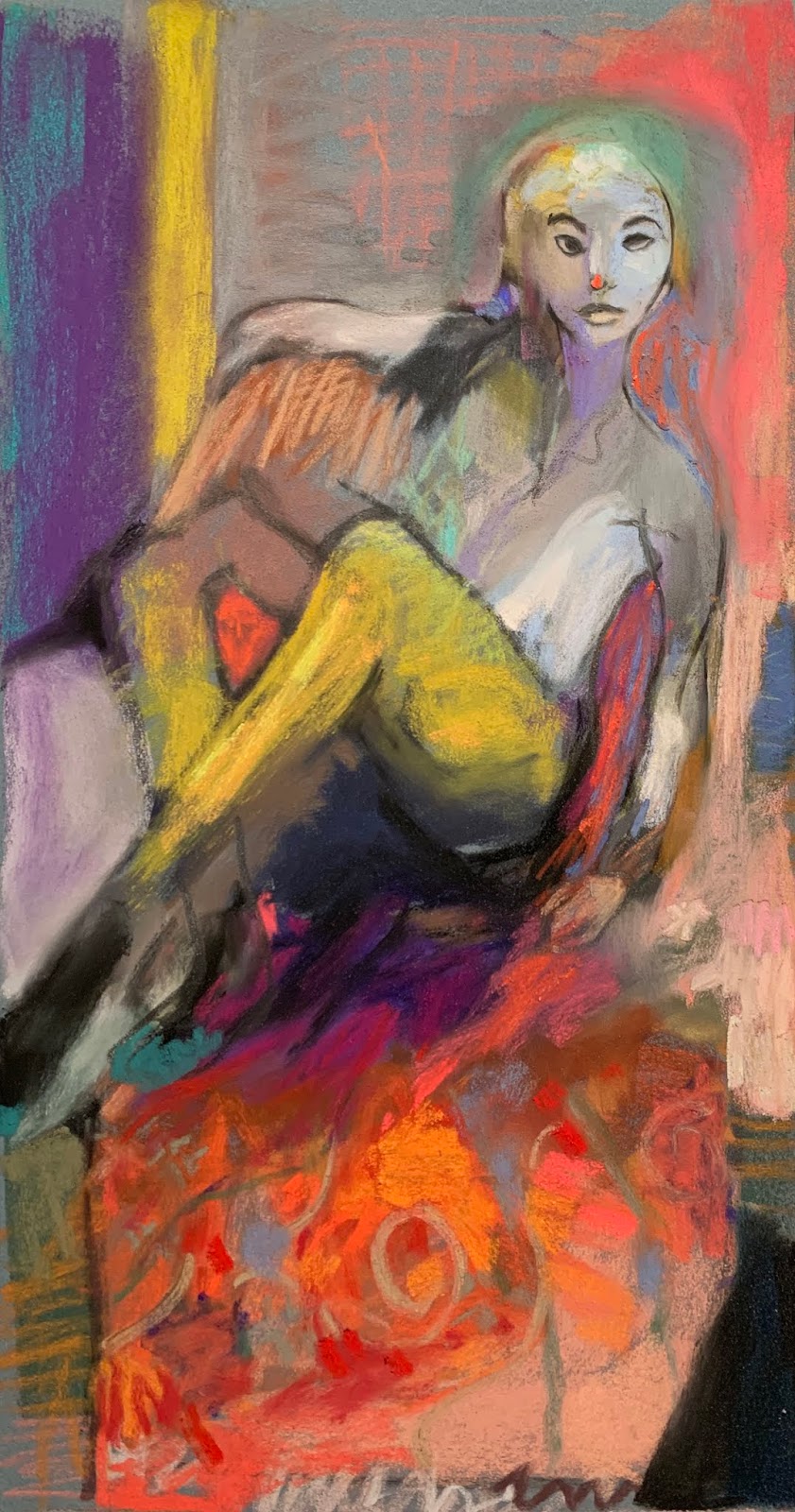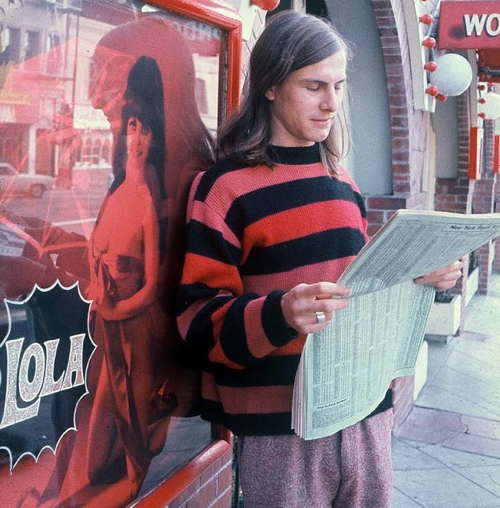
Once I worked in projective verse,
But found my work was for the worse.
Today I add scintillas of technique
Which, sprinkled in, reveal the scenes I seek.
Thoughts are scantily clad in rime, it’s true,
But other thoughts are hidden out of view.
To offer rules that eviscerate tradition
Is freedom for a day, but for a life — perdition.
In subsidized workshops, our pampered poets sweat,
Renouncing honest doggerel and making bets
On who will win the laurels and be fully funded
(At least ten grand a year, perhaps a hundred.)
To steal this puny prize they teach the kids
To scrawl barbaric yawps on everything they did
And didn’t do to Barbie or to Ken
The Night Before in soy-soaked rooms of girly men.
The grades they get are rightly pass-or-fail
Since all agree that any poem is off the scale
Of justice or of judgment ( Fuck Tom Disch!)
And is always just as good as the poet’s wish.
The other lessons taught in workshop hell
Are: “Rime is always bad and feelings swell!
Express yourself, young and pretty student!
(But know that bending over is still prudent.)
“You see, in this strange game, we’ve got a rule
That states the poet comes before the school.
So please ignore Auden and Eliot, even Dante,
To let feelings, a la Streisand, up the ante.
“By composing from such sources, endless plaints,
You are allowed to shitcan meter’s steel restraints,
And craft within our workshops shapeless blobs
That will sustain your feelings… and our jobs.”
What remedy remains for profs so sodden
With modest grants and laurels cheaply gotten?
There’s no pretending that such men are poets pure,
For “once a bear is hooked on garbage there’s no cure.”
Our only hope is to accurately describe them
As mired in their muck. So woe betide them,
Should they hope to gain a lasting recognition,
Their very work will work for their perdition.
A poem’s not a path to some fat pension,
Nor like a trousered hand releasing inner tension.
A poem requires all one’s soul and mind,
And is, like love and Homer, always blind.
It is not made in workshops, whole or part,
But in the “rag and bone shop of the heart.”
And those that cannot blindly see this seventh sense
Must chained forever be in Castle Indolence.
All poetry is dreaming written clear
To the inner eye that wakes the sleeping ear.
You must listen in iced silence, seeing only night,
If you would give your readers second sight.


![Allen Ginsberg: The Interview, <strong> ➡ 1972 ⬅ </strong> [Republished by unpopular demand] ginsbergnirvana](https://americandigest.org/wp/wp-content/uploads/2022/05/ginsbergnirvana-150x150.jpg)





 Gerard Van der Leun
Gerard Van der Leun
























Comments on this entry are closed.
GdV, have you read the under-appreciated un-personed un-poet unfortunate exemplar of the inadvisability of letting women drive oneself? To wit, Roy Campbell.
Haven’t read any Olson nor read Disch. Best advice on writing poetry I ever got was from Professor Thanasis Maskaleris, himself a poet and a philosophical family man. He wrote on one of my class assignments: “Have holy memories.” Had I not read your well-crafted poem Mr. GV, I would not have thought to look up info about him on the www and find, at this early morning hour, that last Thanksgiving he passed on at age 87. He came to the U.S. at age 17 from a poor life in Greece. His illiterate mother had encouraged him to be a good man. He read classics to her. He was not an angry man.
Since the crafting of poetry seems topical, the past couple of days, I think Neruda’s poem Sweetness, Always an outstanding critique of the craft.
Sweetness, Always
Why such harsh machinery?
Why, to write down the stuff and people of everyday,
must poems be dressed up in gold,
or in old and fearful stone?
I want verses of felt or feather
which scarcely weigh, mild verses
with the intimacy of beds
where people have loved and dreamed.
I want poems stained
by hands and everydayness.
Verses of pastry which melt
into milk and sugar in the mouth,
air and water to drink,
the bites and kisses of love.
I long for eatable sonnets,
poems of honey and flour.
Vanity keeps prodding us
to lift ourselves skyward
or to make deep and useless
tunnels underground.
So we forget the joyous
love-needs of our bodies.
We forget about pastries.
We are not feeding the world.
In Madras a long time since,
I saw a sugary pyramid,
a tower of confectionery –
one level after another,
and in the construction, rubies,
and other blushing delights,
medieval and yellow.
Someone dirtied his hands
to cook up so much sweetness.
Brother poets from here
and there, from earth and sky,
from Medellin, from Veracruz,
Abyssinia, Antofagasta,
do you know the recipe for honeycombs?
Let’s forget about all that stone.
Let your poetry fill up
the equinoctial pastry shop
our mouths long to devour –
all the children’s mouths
and the poor adults’ also.
Don’t go on without seeing,
relishing, understanding
all these hearts of sugar.
Don’t be afraid of sweetness.
With or without us,
sweetness will go on living
and is infinitely alive,
forever being revived,
for it’s in a man’s mouth,
whether he’s eating or singing,
that sweetness has its place.
Oh yes. I didn’t know that one from Neruda. I especially liked the notes sounded in
“I long for eatable sonnets,
poems of honey and flour.”
Sage advice:
If you want to write
at night,
turn on the light.